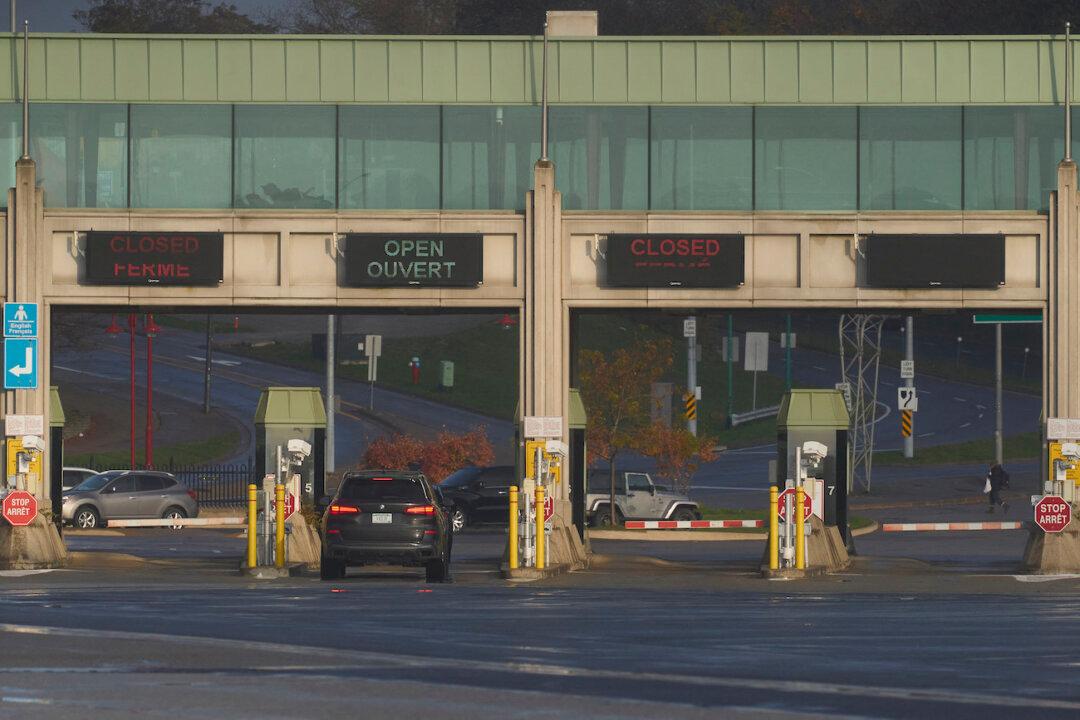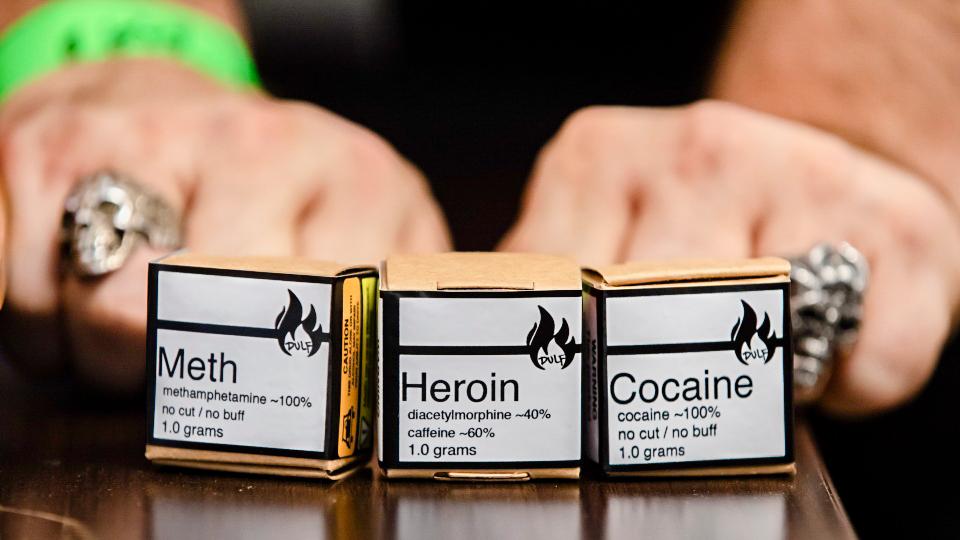Ottawa spent more than $100 million on hotel rooms for asylum seekers in Niagara Falls over a year, after nearly 5,000 individuals were transferred to the city between February 2023 and February 2024.
The information was disclosed by the government in response to an Inquiry of Ministry filed by Conservative MP Tony Baldinelli, who represents Niagara Falls.





